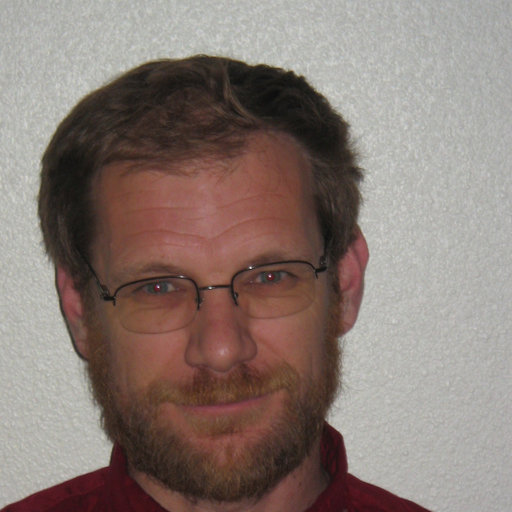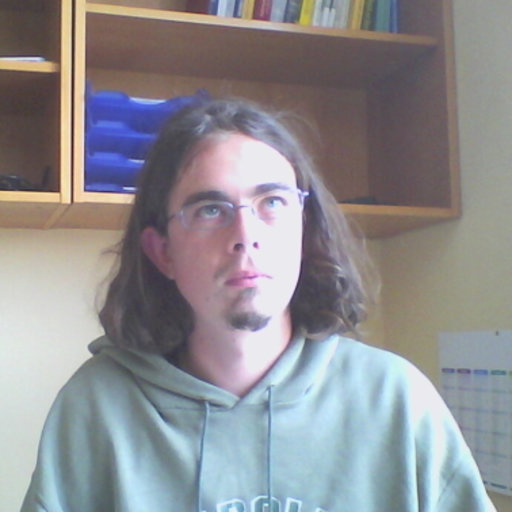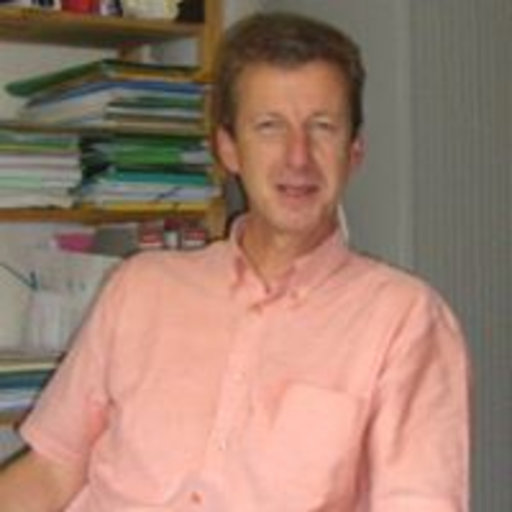Institut National de Recherche pour l’Agriculture, l’Alimentation et l’Environment (INRAE) www.inrae.fr/en/
Team in O+
Dr Didier Andrivon. Didier is co-leading WP3 PLANT. Didier is a senior research scientist, specialising in plant pathology and pathogen biology, ecology and evolution applied to plant protection. He has 30 years experience in academic research, and has participated in, or led, several national and EU projects dealing with copper reduction in organic plant protection. In his academic work, he specialised in epidemiology and evolutionary biology of potato late blight, with the perspective of the sustainable management of this devastating disease through plant-based traits (genetic resistance, plant architecture, induced resistance). Besides his academic activities, Didier has led one large research unit in plant protection (INRA UMR BiO3P, 2005-2007; about 130 staff members), and been a member of the INRA Plant Health and Environment Division managing team (2007-2014). He is serving in the INRA Organic Agriculture Committee since 2010. He is active in extending and transferring research to agricultural professional organisations, and serves as a member of the Scientific Councils of three Technical Institutes (ARVALIS – arable crops; FN3PT – seed potatoes; IFPC – cider apples).
www.researchgate.net/profile/Didier_Andrivon

Prof Florence Val. Prof Val teaches plant pathology and plant-microbe interactions at Agrocampus Ouest. Her research interests revolve around induced resistance in plants, in particular the mechanisms involved upon elicitation, their connection to quantitative genetic resistance, and their use in biocontrol. She is responsible for the physiological and molecular analysis of biocontrol methods to be included in the copper- replacement strategies designed within O+.
Dr Melen Leclerc. Dr Leclerc is a junior researcher with expertise in epidemiology and modelling. His research interests include the modelling of plant disease processes at the population and community scale. Within O+, he is developing functional epidemiological models coupling plant/crop growth and characteristics and epidemiological processes.
www.researchgate.net/profile/Melen_Leclerc

Mrs Claudine Pasco. Claudine has 25 years experience with the biology and epidemiology of potato diseases. She is currently involved in several projects connecting crop and canopy architecture, quantitative host resistance and epidemic reduction. She is in charge of the French field trials for the assessment of copper replacement strategies within O+.
www.researchgate.net/profile/Claudine_Pasco

Dr Stéphane Bellon. Stéphane is leading Task 2.7. Stephane is a recognised leader in research for organic agriculture, especially in its environmental and sustainability dimensions. He works at INRAE’s Department of Science for Action and Development. With a strong background in agronomy, and much international collaboration, especially in South America, he acts as a deputy Governing Board member of Core-Organic Plus. He will contribute his expertise in organic agriculture and broad view of the challenges facing organic inputs worldwide to the O+ project. www.researchgate.net/profile/Stephane_Bellon

About Institut National de Recherche pour l’Agriculture, l’Alimentation et l’Environment
INRAE is France’s new National Research Institute for Agriculture, Food and Environment, created on January 1, 2020, It was formed by the merger of INRA, the National Institute for Agricultural Research, and IRSTEA, the National Research Institute of Science and Technology for the Environment and Agriculture.
INRAE is one of the leading worldwide agricultural research organisations. It ranks second in the world for staff and annual budget, as well as for scientific publications. Its 10 year strategic plan (2015-2025) is organised around one major ambition – to provide sustainable and healthy food for the world by 2050. INRAE is active in all areas of agricultural research, and maintains a strong connection to extension and end-users to ensure the application of its academic findings to improve agriculture. IGEPP (Institute for Genetics and Environment for plant Protection; https://www6.rennes.inra.fr/igepp_eng/About-IGEPP) is INRA’s research unit specialised in crop health in Rennes, western France. Staffed with over 200 scientists and technicians, it aims at providing new knowledge and solutions for low-input, sustainable crop protection systems, with a strong focus on temperate arable crops (oilseed rape, grain legumes, potato, wheat) and genetic forms of plant resistance. With a strong history of collaboration with agricultural extension organisations, IGEPP hosts two Joint technological Units dealing with health of potato (Innoplant, joint with FN3PT: https://umt-innoplant.fr/umt-innoplant_eng/) and grain legumes (Pisum, joint with Terres Inovia: https://www.pisom.fr/).
